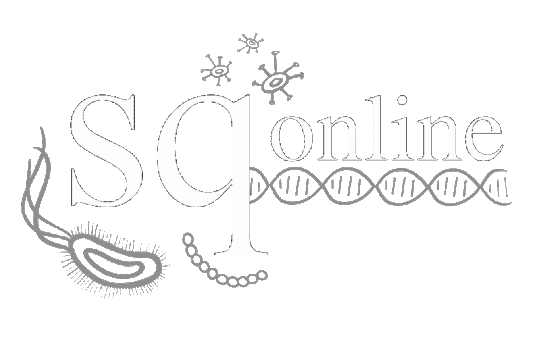Every week our Research Editors highlight a few of the latest headlines in science news and explain why these pieces are interesting and applicable to our classes at UC San Diego. If you find an engaging science article, share it with us on our Facebook page and your highlight may just be featured!
Oceans Could Lose $1 Trillion in Value Due to Acidification | Scientific American
Oceans are steadily becoming more acidic due to the increased levels of carbon dioxide. This phenomenon will result in an annual loss of $1 trillion due to lost ecosystem protection. It is unknown whether fish can adapt to these rapid changes. Ocean acidification researchers are searching for ways to make changes.
If you are interested in oceanography, consider taking Oceans (SIO 30).
– Jasmine Chau | Sr. Research Editor
MIT Neurotech: Microfluidics Opens a Window Into Unseen Worlds | Scientific American
Scientists have created microfluidics to simulate bodily conditions in order to study cellular microenvironments. This technique allows researchers to observe how molecular systems work in vivo, such as how cancerous tissue metabolizes in different parts of the body. In the future, microfluidics can be applied to neuroscience and may be used to test how a patient’s organs will respond to certain medications.
If you are interested in bioengineering, consider taking Introduction to Bioengineering (BENG 1).
– Jasmine Chau | Sr. Research Editor
Novel approach for treating non-cardiac chest pain suggested | Science Daily
Over 200,000 Americans each year experience non-cardiac chest pain which involves anxiety, discomfort, and painful swallowing. It can be very concerning for patients who visit the ER, worried that they might have just suffered a heart attack. Current medication has a response rate of 40-50% in alleviating non-cardiac chest pain. However, researchers have developed a treatment involving dronabinol, which is a drug usually used to treat nausea and vomiting in HIV and cancer patients who undergo chemotherapy. It was found that patients experience greater pain tolerance and a decrease in the intensity of the chest pain with no major side effects noted.
If you are interested in drug function and metabolism, consider taking Pharmacology (BIMM 118).
— Neil Srinivas | Jr. Research Editor
Detecting cancer earlier is goal of new medical imaging technology | Science Daily
Researchers at Rutgers University have developed a new medical imaging method that enables physicians to detect cancer, as well as other diseases, far earlier than before. This, in turn, allows for faster treatment and reduces the need for invasive biopsies. This method uses nanotechnology to locate small cancerous tumors that exist deep inside the body. Through this technique, doctors can now accurately determine the extent to which a newly detected cancer has spread to other regions of the body.
If you are interested in learning about cancer cells, consider taking Biology of Cancer (BIMM 134).
— Neil Srinivas | Jr. Research Editor
